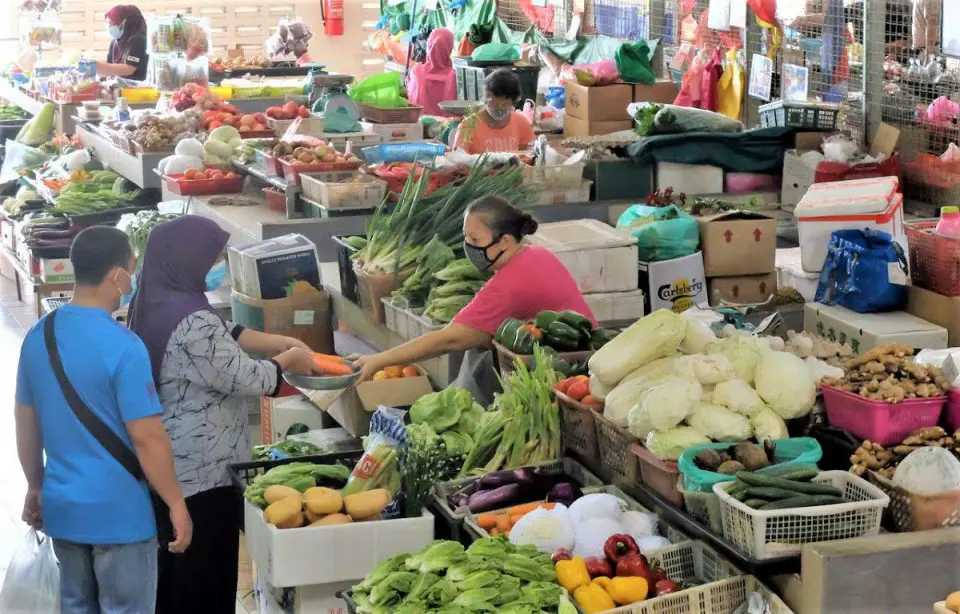KUALA LUMPUR, Dec 14 — Malaysia’s micro, small and medium enterprises (MSMEs) have continued to recover in 2023 from the impact caused by the pandemic despite a challenging global economy, amid geopolitical tension and inflationary pressures.
On August 1, Entrepreneur Development and Cooperatives Minister Datuk Ewon Benedick said the recovery and growth momentum of MSMEs this year is set to surpass last year’s performance.
The SME Sentiment Index by the SME Bank showed a positive reading of 52.9 in the first half of the year, which suggested MSMEs remained healthy overall.
On July 27, the Statistics Department (DOSM) announced that the country’s MSMEs recorded a growth of 11.6 per cent in 2022, surpassing the national gross domestic product (GDP) growth of 8.7 per cent in the same year.
The contribution of MSMEs to the GDP also increased to 38.4 per cent from 37.4 per cent in 2021, while the value-added amounted to RM580.4 billion, marking a substantial increase from RM520 billion previously.
DOSM also stated that MSME exports totalled RM144.5 billion in 2022, up 16.3 per cent compared to 5.4 per cent the previous year, driven by the manufacturing sector at 19.5 per cent (2021: 16.7 per cent) and the services sector, which recovered to 5.7 per cent (2021: – 22.6 per cent).
Improvement in sales but profit margin tight
Small and Medium Enterprises Association (Samenta) national president Datuk William Ng said in the recent Samenta mid-year review that although 60 per cent of SMEs reported improvement in sales, almost 30 per cent of them were down to their last two months in cash reserves despite the increment in sales.
“This is reflective of the tightening profit margin among SMEs as a result of ballooning costs and the inability to pass costs through to end-users,” he told Bernama, referring to a survey that took place in September, where over 500 participants representing SMEs of all sizes and industries took part.
SME Association of Malaysia president Ding Hong Sing shared the same sentiment, saying that the slowdown in the global economy and spiralling raw material costs have hit SMEs.
“The increase in raw material costs (especially) troubled many SMEs,” he said.
Samenta’s Ng said SMEs are pessimistic about the prospect of business improvement in 2024, despite most economists predicting mild economic growth in 2024.
“On top of the tight business margins, as many as one out of three SMEs surveyed said that they have challenges obtaining financing for working capital due to the complex application process and lack of collateral.
“SMEs, especially those in the retail and food and beverage sectors, continue to face intense competition from online sellers, including foreign exporters who pay little or no tax, while battling with the rising cost of rent and compliance requirements by local authorities,” he added.
SMEs and ESG
Ng said for the exporting SMEs, environmental, social, and governance (ESG) requirements have become essential.
Beyond carbon emissions accounting, many SMEs are finding it challenging to transition to a low carbon operation overnight as expected by some destination markets, he added.
“Our ability to navigate these new and evolving requirements will be crucial to sustain our exports, especially from SMEs,” he said.
Ng said Samenta is working closely with the Malaysia Productivity Corporation to help SMEs become more productive, reduce reliance on labour, and embrace automation and digitalisation.
— Bernama





